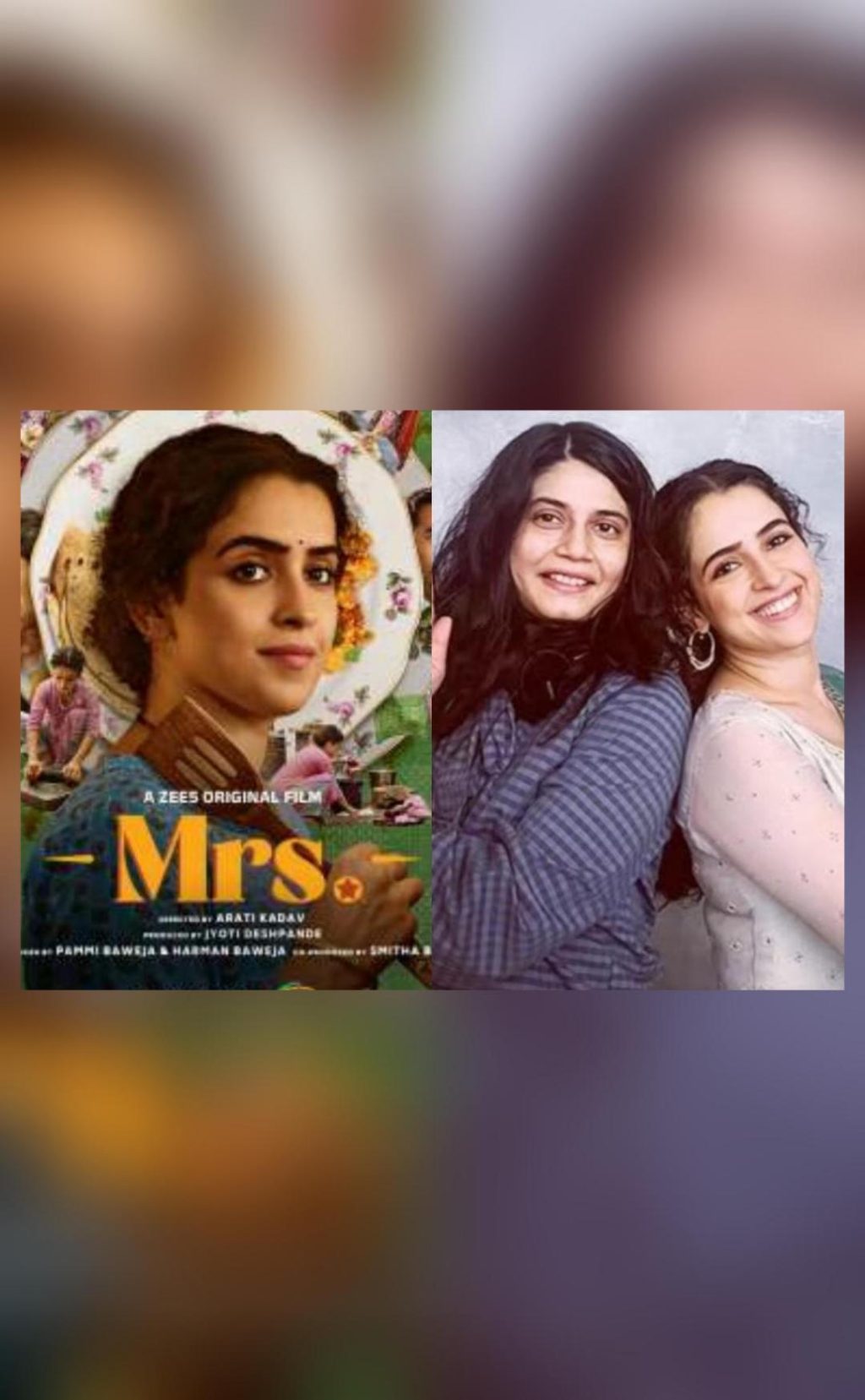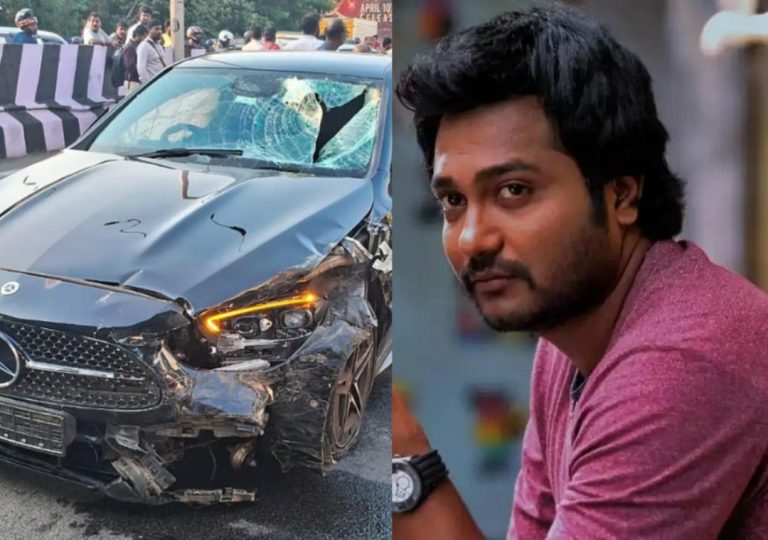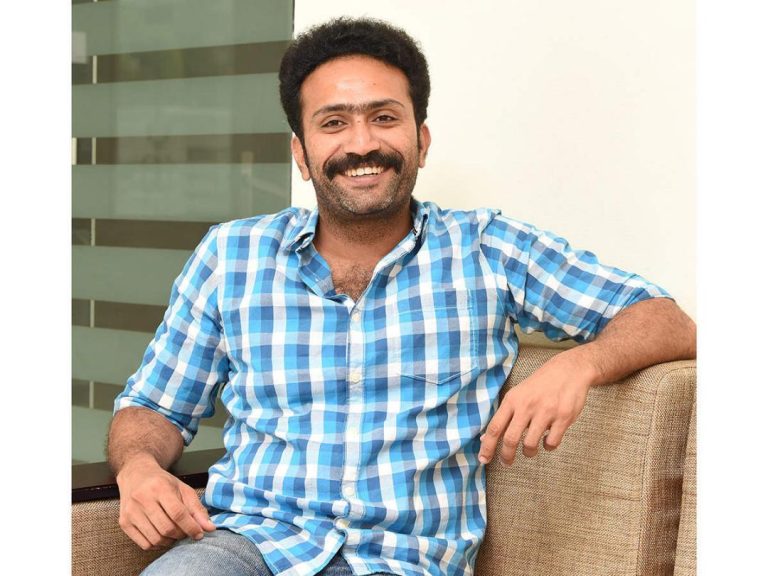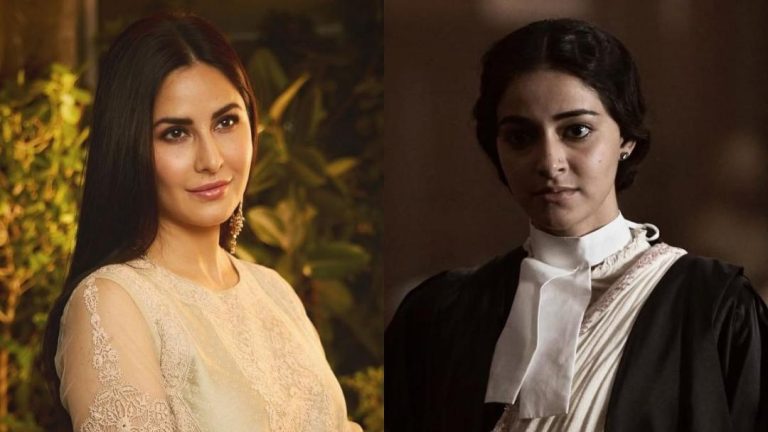
Bollywood Glorified Karva Chauth, Had to Address It: Mrs. Director
Karva Chauth, a traditional Hindu festival celebrated by married women, has been a topic of discussion for years. The festival, which is observed on the fourth day of the Hindu lunar calendar, is a significant event in the lives of many Indian women. However, in recent years, Bollywood has been glorifying this festival in its films, often portraying it as a grand celebration with elaborate rituals and decorations. This trend has raised several concerns among feminists and social critics, who argue that the glorification of Karva Chauth reinforces patriarchal norms and reinforces gender roles.
In a recent interview, Mrs. Director Arati Kadav revealed that she felt compelled to address the issue of Karva Chauth in her latest web series. According to Kadav, the scene featuring Karva Chauth was added at the last minute, but she believes it was her responsibility as a filmmaker to question the way the festival has been romanticized in Bollywood.
“How can we make a Hindi film about domestic life without addressing Karva Chauth?” Kadav asked in an exclusive interview with the Indian Express. “Especially considering how Bollywood has glorified the ritual, turning it into something celebratory. It has been normalised so much that it has influenced entire generations.”
Kadav’s comments are a stark reminder of the way Bollywood has been portraying Karva Chauth in its films. From the elaborate decorations to the grand feasts, Bollywood has been presenting Karva Chauth as a grand celebration, often focusing on the rituals and traditions associated with the festival. However, this portrayal has been criticized for reinforcing patriarchal norms and reinforcing gender roles.
For many feminists, the glorification of Karva Chauth in Bollywood is a reminder of the way women are often portrayed in Indian society. The festival, which is observed by married women, is often seen as a symbol of their devotion to their husbands and families. While this may be seen as a symbol of love and commitment, it also reinforces the idea that a woman’s primary role is to be a wife and mother.
Moreover, the way Karva Chauth is portrayed in Bollywood often reinforces the idea that women are nothing without their husbands. The festival is often depicted as a time when women come together to worship their husbands and pray for their long life. This portrayal reinforces the idea that a woman’s identity is tied to her relationship with her husband, and that she is nothing without him.
Kadav’s decision to address the issue of Karva Chauth in her web series is a welcome move, especially in an industry that has been criticized for its portrayal of women. By questioning the way Karva Chauth has been romanticized in Bollywood, Kadav is challenging the status quo and pushing the boundaries of what is considered acceptable in Indian society.
Moreover, Kadav’s comments are a reminder that it is important to critically examine the way we portray women in our films. While Bollywood has made significant strides in recent years in terms of portraying strong female characters, there is still much work to be done. By challenging the way we portray women, filmmakers like Kadav are helping to create a more inclusive and diverse industry.
In conclusion, the glorification of Karva Chauth in Bollywood is a complex issue that requires a nuanced approach. While the festival is an important part of Indian culture and tradition, its portrayal in Bollywood often reinforces patriarchal norms and reinforces gender roles. By questioning the way Karva Chauth has been romanticized in Bollywood, filmmakers like Kadav are helping to create a more inclusive and diverse industry.






